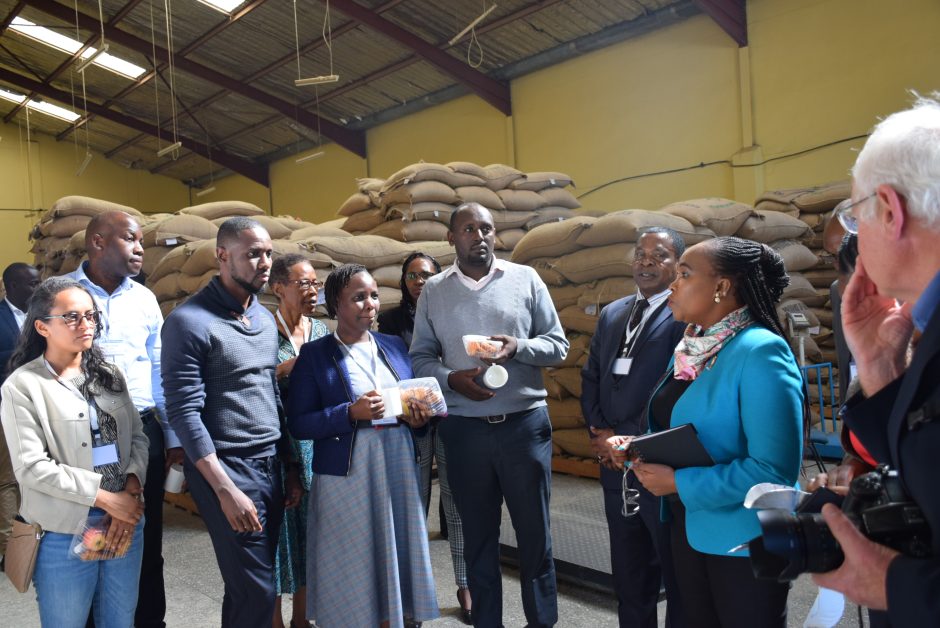Over 50 co-operative experts, leaders and policymakers from 18 African countries attended a workshop in Nairobi, Kenya, on 3-6 December, to explore the sector’s role in driving a sustainable transition.
The workshop forms part of Cooperatives for a Sustainable Transition in Africa (CoopStar), an initiative to help the African co-op movement to play a key role in the UN 2030 Agenda for Sustainable Development and to boost sustainable co-operative entrepreneurship in Africa.
The project partners are the Korean Federation of Community Credit Cooperatives (KFCC), Cera/BRS, the Belgian university KU Leuven, and the global and African offices of the International Cooperative Alliance (ICA and ICA-Africa).
The workshop was opened by Kenya’s secretary for co-op and MSME development, Simon Chelugui, who pledged his government’s support for CoopStar.
Participants shared best practices, highlighted the positive impact of co-ops on local economies, employment, and environmental sustainability, and looked at the opportunities and challenges faced by the sector. Examples were discussed from different countries, including KFCC’s work in Uganda, where the Korean apex has been leading a credit co-operative digital transformation project.
The 18 African countries represented were Algeria, Botswana, DR Congo, Eswatini, Ethiopia, Kenya, Nigeria, Rwanda, South Africa, Zimbabwe, Tanzania, Togo, Zambia, Senegal, Cabo Verde, Uganda, Ghana and Sudan.
KFCC said: “Through this workshop, a common agenda has been established on how co-operatives can bring positive changes in the local communities and nations across the African continent. We are confident that co-operatives will play a central role in achieving sustainable transition in Africa”.

The meeting was followed by a visit to the Kenyan Coffee Cooperative Exporters, where participants learned more about the coffee production process, looking at coffee co-operatives’ response to climate change. The next stop was the Cooperative University of Kenya (CUK), where participants learned about the role of the institution in the development of co-operatives and discussed opportunities for co-operation.